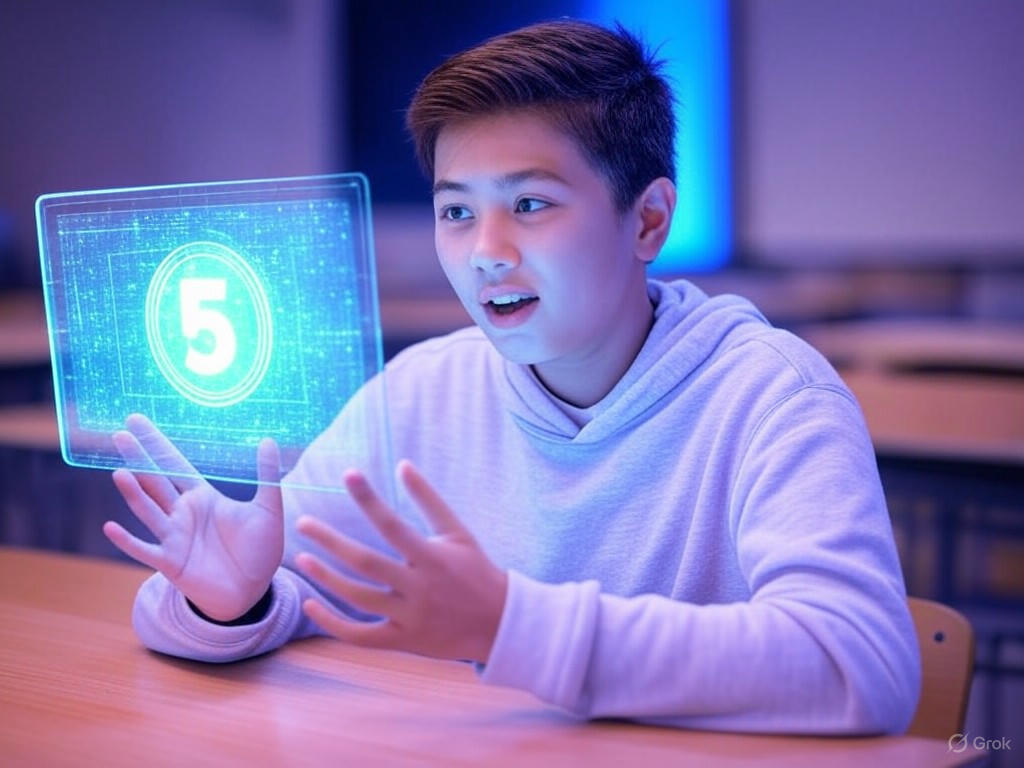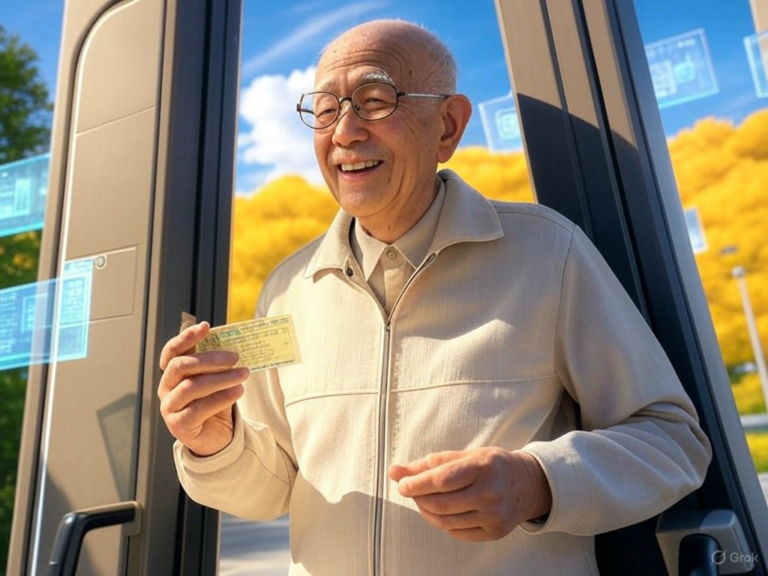
AI Achieves Perfect Score in Computer Science Course
In a groundbreaking moment for AI in education, an artificial intelligence system has flawlessly completed Brigham Young University’s Computer Science 110 course, earning a perfect score. This achievement isn’t just a tech win—it’s a wake-up call for how we’re teaching and learning in an era dominated by smart machines. As AI tools like ChatGPT become more accessible, they raise exciting questions about blending technology with traditional academics.
Exploring AI Perfection in Computer Science Learning
Reports highlight how this AI system tackled every coding assignment and exam in BYU’s introductory course with 100% accuracy, showcasing skills that rival those of top human students. Professor Porter Jenkins from BYU’s computer science department calls this a pivotal step in AI’s evolution, where machines are stepping into roles once reserved for humans. It’s fascinating to see AI in education stepping up like this, pushing us to rethink what’s possible in classrooms.
Yet, this isn’t isolated—AI systems are advancing rapidly across fields, making education their latest frontier. Imagine a world where AI not only assists but excels, prompting educators to adapt and innovate. What if this perfect score becomes the norm, challenging us to elevate course content beyond basic programming?
The Rise of AI in Academic Environments
Since around 2006, the explosion of nearly 70,000 AI companies has woven technology into everyday life, including how we approach schooling. The 2022 launch of ChatGPT turbocharged this trend, giving students easy access to tools that can write essays, debug code, and solve problems instantly. In the realm of AI in education, this means a shift from solo learning to tech-enhanced collaboration.
Statistics show widespread adoption: students at all levels are using these tools, schools are integrating AI for better teaching, and concerns about cheating are on the rise. For instance, ChatGPT’s ability to ace a university course is just a glimpse of what’s coming. Have you thought about how these advancements could change your own learning experience?
Benefits of AI in Education Systems
When used thoughtfully, AI in education offers personalized lessons that adapt to each student’s style, providing instant feedback on assignments. This not only saves time for teachers but also helps students grasp concepts faster, turning potential pitfalls into learning opportunities. AI in education could even prepare the next generation for jobs where working with machines is routine.
Think about it: automating routine tasks frees educators to focus on creative discussions or real-world applications. However, we must balance this with ethical guidelines to ensure AI enhances rather than replaces human insight.
Maintaining Integrity Amid Tech Advances
BYU’s Honor Code stresses values like honesty and originality, making the rise of AI tools a tricky topic. As lines blur between helpful aid and outright cheating, educators like Professor Jenkins worry about over-dependence on these systems. He puts it plainly: “We shouldn’t ban it, but learn to live with it,” advocating for smart integration over outright rejection.
This perspective encourages us to view AI in education as a tool for growth, not a threat. For example, if a student uses AI to brainstorm ideas, that’s collaboration; copying wholesale is not. How can we, as a community, set clearer boundaries?
Innovations and Ethical Considerations in AI-Driven Learning
Beyond integrity, AI in education brings perks like customized tutoring and automated grading. These features make learning more engaging and efficient, especially for diverse groups of students. But let’s not overlook the risks—over-reliance could stifle critical thinking skills that AI can’t replicate.
To counter this, schools might implement guidelines for ethical AI use, such as requiring students to explain AI-generated outputs in their own words. This approach keeps the focus on building human skills while leveraging technology.
Shaping the Future of Computer Science Teaching
If AI can master basic computer science courses, it’s time to evolve what we teach. Current curricula might emphasize creative problem-solving, ethics in tech, and teamwork—areas where humans still shine. This shift ensures students aren’t just coding but thinking deeply about technology’s impact.
For instance, instead of rote exercises, classes could include group projects that demand innovation and ethical decision-making. In the context of AI in education, this prepares graduates for careers where they’ll partner with AI, not compete against it.
Upcoming Trends in AI-Integrated Education
Looking ahead, AI-enhanced platforms are set to revolutionize learning by offering tailored paths and real-time support. These systems could spot knowledge gaps and suggest fixes, making education more inclusive. At BYU and beyond, this means updating programs to stay relevant.
One trend is redesigning assessments to test human traits like adaptability and creativity, rather than facts AI can spit out. As AI in education grows, so does the need for these changes.
Adapting Curricula for AI in Education
Schools are already tweaking courses to include AI literacy, teaching students how to use these tools effectively. This might involve hands-on sessions where learners collaborate with AI on projects, fostering a balanced skill set. By focusing on higher-level thinking, we ensure education evolves with technology.
Imagine a syllabus that covers not just algorithms but the moral questions surrounding AI deployment. That’s how we build a workforce ready for tomorrow.
Equipping Students for an AI-Focused World
With AI now acing courses, it’s clear that future jobs will involve close collaboration with these systems. That’s why AI in education is crucial—it’s about gaining literacy in tech while honing uniquely human abilities. Institutions like BYU can lead by blending AI into their programs thoughtfully.
Professor Jenkins’ advice rings true: teach responsible AI use to develop skills that endure. A simple tip? Encourage students to experiment with AI ethically, perhaps by journaling their processes and reflections.
Ethical Challenges in AI-Enhanced Education
Beyond the classroom, AI raises issues like access equity— not everyone has the same tech resources, which could widen gaps. Schools must step in with policies that provide tools and support for all. This ensures AI in education promotes fairness, not division.
Privacy is another key concern; AI tools often handle sensitive data, so robust security measures are essential. Plus, the “black box” nature of some systems makes it hard to understand their decisions, which is a problem when learning relies on clear explanations.
Wrapping Up: A Balanced Path Forward
The perfect score by AI at BYU marks a turning point, highlighting both the potential and pitfalls of AI in education. Instead of resisting, let’s harness this for better learning experiences that uphold core values. By fostering open discussions and innovative strategies, we can create an education system that’s resilient and forward-thinking.
What’s your take on AI’s role in shaping education? I’d love to hear your thoughts in the comments below, or share this article if it sparked any ideas. For more on tech trends, check out our related posts on emerging technologies.
References
- Netguru. (n.d.). Best AI Courses. Retrieved from https://www.netguru.com/blog/best-ai-courses
- Coursera. (n.d.). Artificial Intelligence Courses. Retrieved from https://www.coursera.org/courses?query=artificial+intelligence
- TechTarget. (n.d.). 10 Top Artificial Intelligence Certifications and Courses. Retrieved from https://www.techtarget.com/whatis/feature/10-top-artificial-intelligence-certifications-and-courses
- LearnDataSci. (n.d.). Best Artificial Intelligence (AI) Courses. Retrieved from https://www.learndatasci.com/best-artificial-intelligence-ai-courses/
- BYU Universe. (2024, March 4). AI Passes Computer Science Course with 100% Accuracy. Retrieved from https://universe.byu.edu/2024/03/04/ai-passes-computer-science-course-with-100-accuracy/
- Article Forge. (n.d.). Retrieved from https://www.articleforge.com
- YouTube. (n.d.). Video on AI in Education. Retrieved from https://www.youtube.com/watch?v=CmBvVZPTtR4
- YouTube. (n.d.). Another AI Discussion. Retrieved from https://www.youtube.com/watch?v=9d75cGN5YEY
AI in education, computer science AI, academic integrity, BYU computer science, ChatGPT in education, AI academic achievements, technology in learning, ethical AI use, future of education, AI integration in schools





